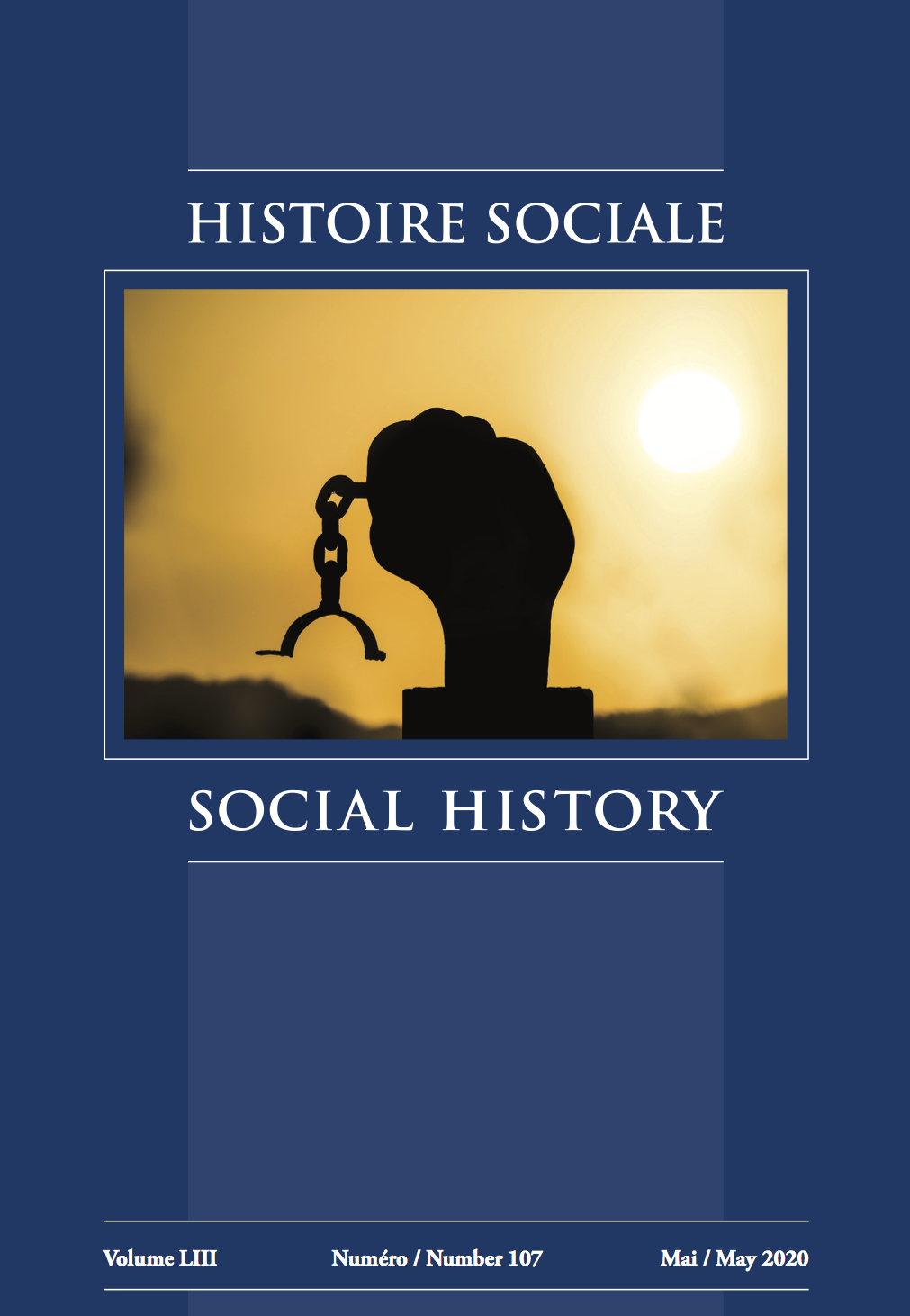Le choix de Marie : Aimé Césaire et Suzanne Césaire face au 22 mai (1948-1960)
DOI:
https://doi.org/10.1353/his.2020.0007Abstract
Between 1948 and 1960, Aimé Césaire and Suzanne Césaire drew on the successful antislavery insurrection of May 22, 1848 in Martinique for artistic inspiration. Both based their writings on a novel by Lafcadio Hearn in which a female enslaved domestic, Youma, chose to die alongside her masters during the revolt. In his work on Victor Schœlcher (1948), much like in his poems “Mots” (1950) and “Statue de Lafcadio Hearn” (1955-1960), Aimé Césaire places the reader at the heart of an “insurrection nègre,” and offers a positive depiction of the Quimboiseur sorcerer, which Hearn had originally presented as a character worthy of being despised. Suzanne Césaire’s reinterpretation of Hearn’s novel entitled Aurore de la liberté (1952) has not survived. An analysis of two under appreciated and invaluable reviews suggests that these performances were revolutionary in aesthetic terms and reveal how the playwright changed the ending of Hearn’s novel. Instead of staying to die alongside her masters (Hearn’s interpretation), Youma changes her name to Marie and chooses to join the revolt of 1848. In contrast to Aimé Césaire’s reinterpretation, Suzanne Césaire develops the character Youma more fully and in so doing gives voice to the neglected enslaved female domestics who were killed on the 22 May 1848.


